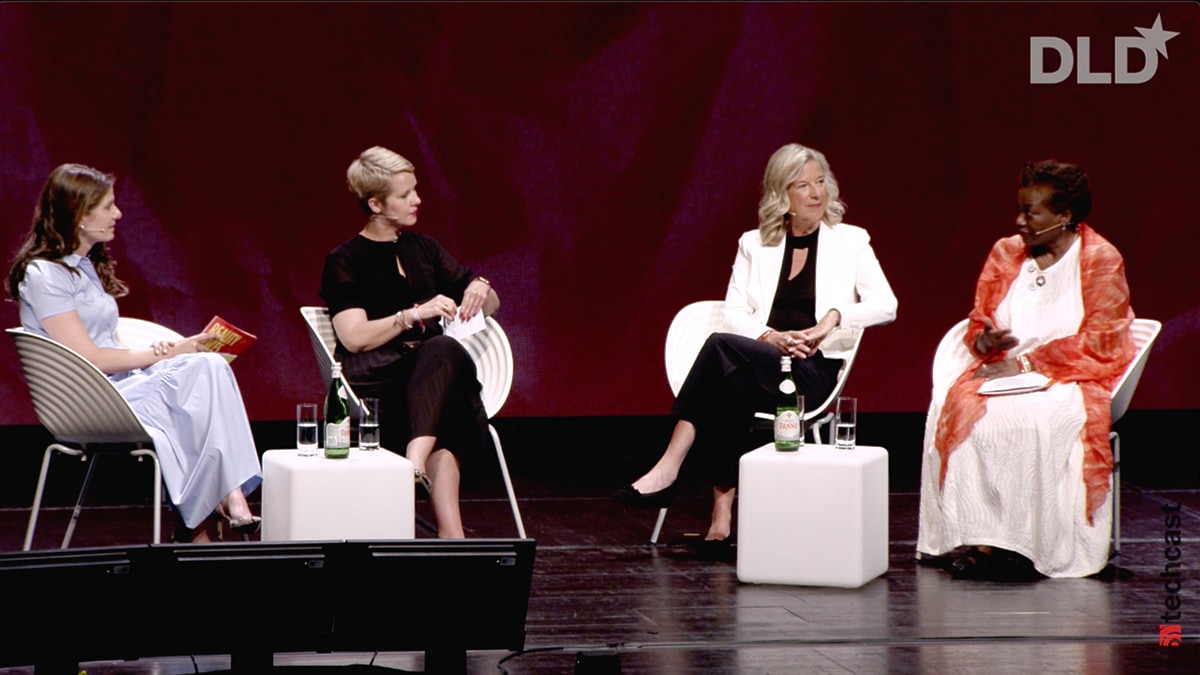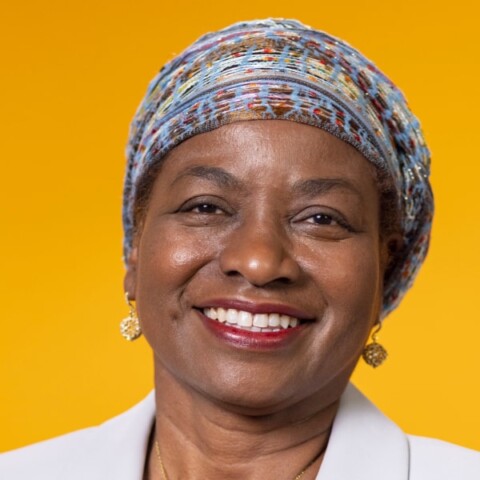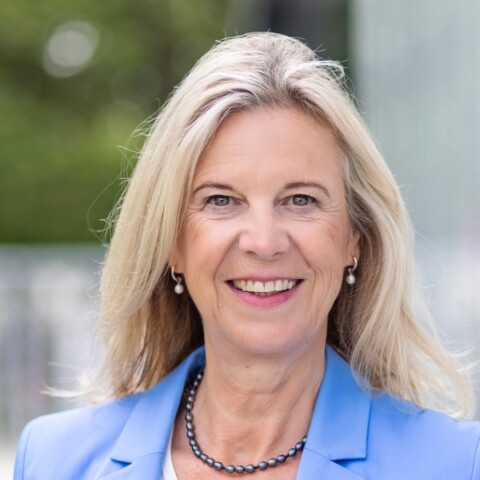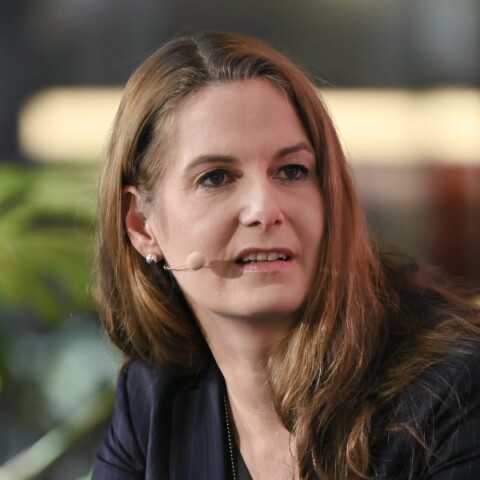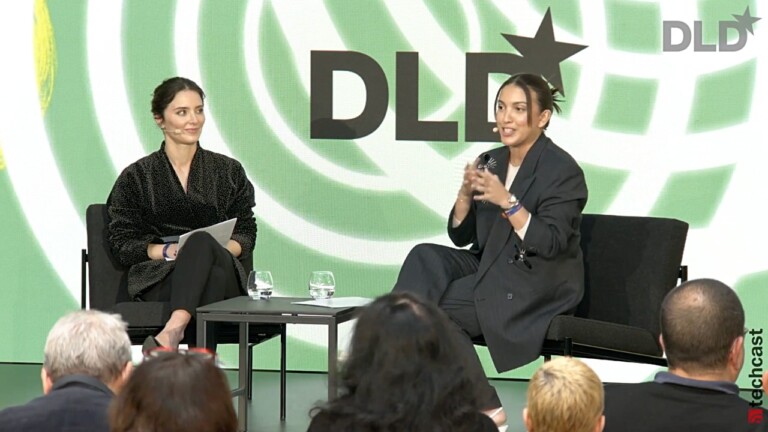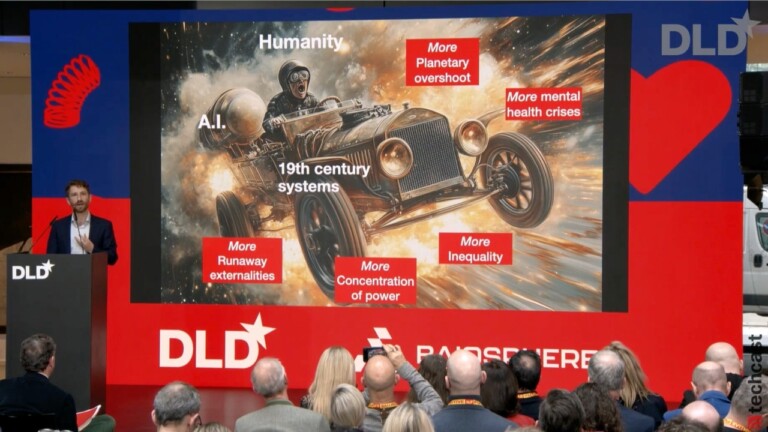Hate speech and violence against women on the Internet are a global problem that needs urgent attention, as this panel discussion with Natalia Kanem (United Nations Population Fund, UNFPA), Nicole Diekmann (Author & Journalist), Katja Wildermuth (Bayerischer Rundfunk) and moderator Tanit Koch (The New European) makes clear.
The session begins with a call-to-action from Natalia Kanem: “Technology, indeed, is one of the great equalizers and it’s one that has huge social impact”, the Executive Director of the UNFPA says. “Digital technology transforms lives for billions of people [and] also offers us incredible potential to accelerate economic growth.”
But there’s also the troubling trend that “violence can spill from the virtual context into real life”, Kanem notes. “This is an issue of rights, because everyone has the right to live free from fear and free from harm.”
To address the problem, the United Nations agency created is bodyrights campaign, “The Virtual Is Real”.
The big question, Kanem says, is: “How do we get digital platforms to take down objectionable content immediately, not after a process of days, months, years, or never?”
When left unaddressed, online hate speech has a silencing effect, the discussion shows.
“It causes women to withdraw from social media”, Nicole Diekmann says. “They start to withdraw from discussions they think could lead to harassment, to hate speech against them.”
Katja Wildermuth points out that “a free and fair and respectful public sphere is nothing we can take for granted. So we need to have regulations” for digitial platforms, she demands, similar to the ones that exist for traditional media.
“The main challenge is that platforms still deny to be publishing houses as well”, Wildermuth argues. “They pretend to be just tech companies” but should be held responsible for what happens on their services.
